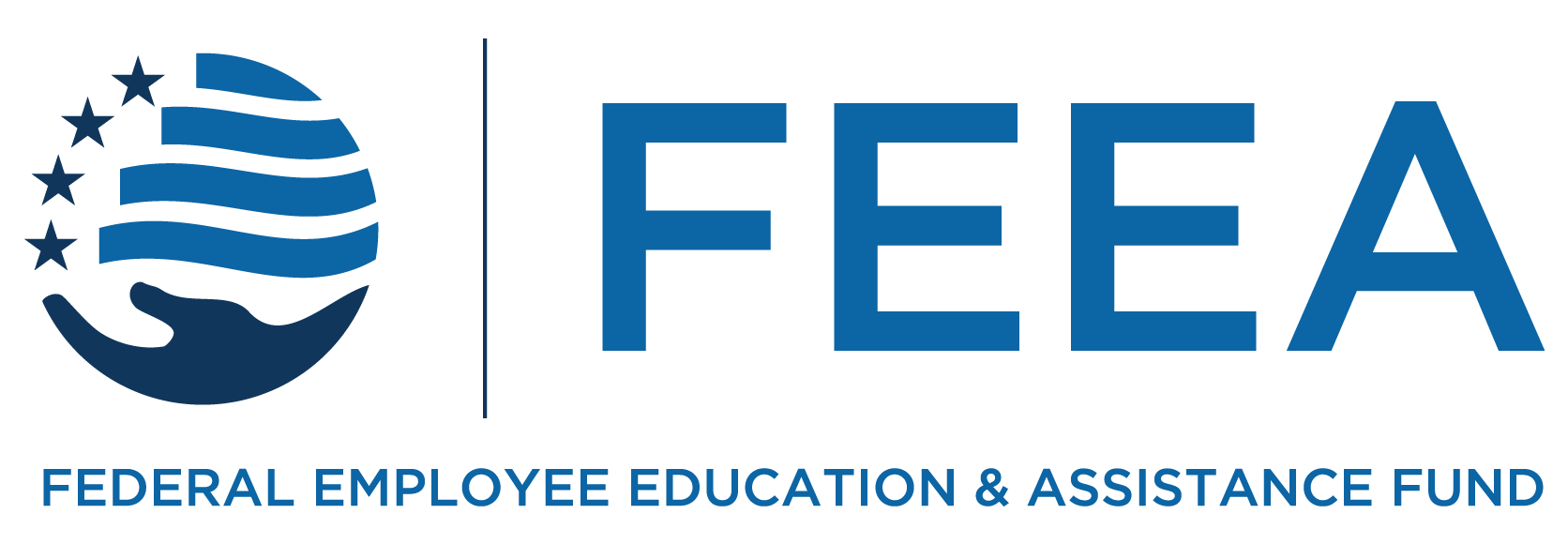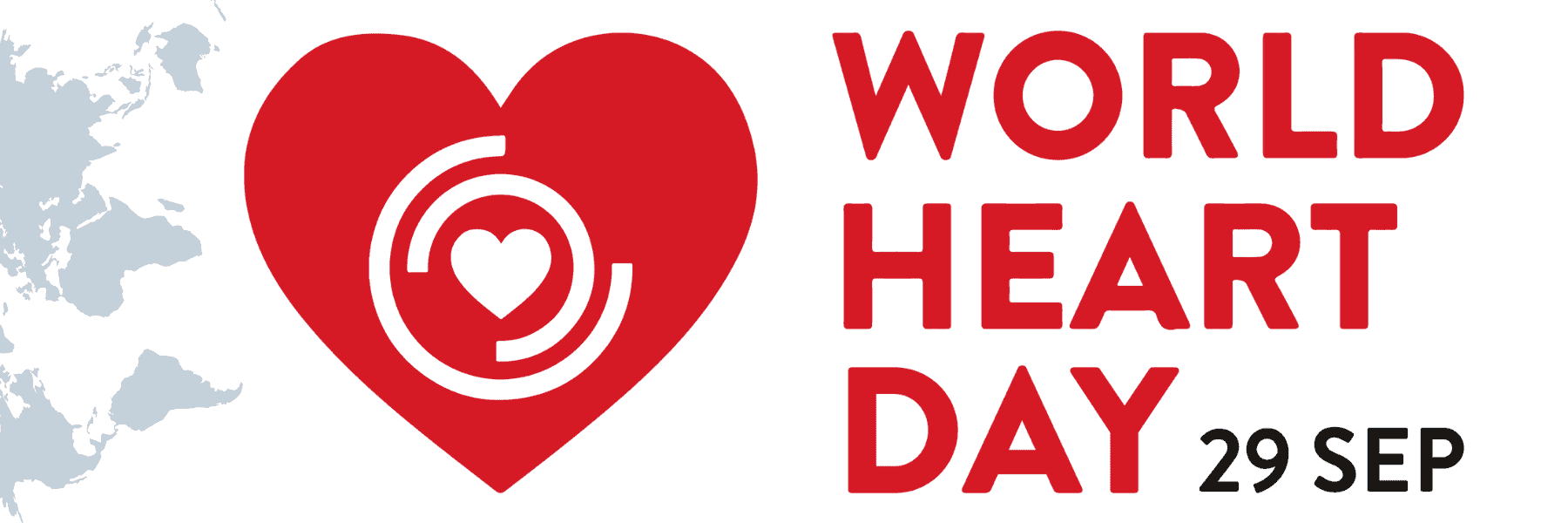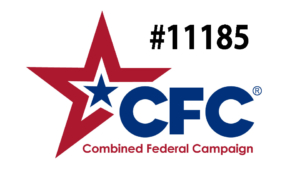USE IS A GLOBAL, UNIVERSAL CALL TO ACTION. It means using our head, influence and compassion to beat cardiovascular disease, the world’s number one killer
Cardiovascular Disease has many causes: from smoking, diabetes, high blood pressure and obesity, to air pollution, and less common conditions such as Chagas disease and cardiac amyloidosis. World Heart Day on September 29 is an opportunity for everyone to stop and consider how best to use heart for humanity, for nature, and for you.
According to the CDC, about half of all Americans (47%) have at least 1 of 3 key risk factors for heart disease: high blood pressure, high cholesterol, and smoking.
Below are resources to help you kick-start your heart health, whether that is increasing your physical activity, changing your diet, getting your cholesterol under control, or quitting smoking.
Before you make any health related changes, be sure to check in with your primary care physician.
HEART DISEASE IN THE UNITED STATES
World Heart day 2022
[Video Start]
[Video presented with written slides in English]
[music]
[A red heart icon appears on screen and slides across to reveal the word “USE”.]
USE
A video of a young Black boy wearing a red shirt standing on a dirt road while leaning against a used tire.]
USE (heart icon) FOR HUMANITY
[A video of a Black man in a yellow jacket walking his bike through a nature area
USE (heart icon) FOR NATURE
[A video of a Middle Eastern Woman in a hijab laughs and smiles for the camera]
USE (heart icon) for you
[A video of a medical doctor of Indian descent checks the heart rate of an Indian man while another man looks on.]
CHALLENGING INEQUITY IN HEART HEALTHCARE
[A teal heart icon appears on top of the video]
USE (incorporating heart icon) FOR HUMANITY
[A man in a black wetsuit walks with a surfboard under his left arm while holding the hand of a young boy in a wetsuit]
FIGHTING AIR POLLUTION NOW, FOR THE HEALTH OF FUTURE GENERATIONS.
[A green heart icon appears on top of the video]
USE (incorporating heart icon) FOR NATURE
[A video of a black man wearing a hat smiles for the camera.]
PRACTICING SELF-CARE FOR OUR OWN HEARTS
[A red heart icon appears on top of the video]
USE (incorporating heart icon) FOR YOU
USE (red pulsating heart icon) FOR EVERY (red pulsating heart icon)
[World Heart Day 29 SEP logo
Discover More worldheartday.org
[music]
[Video End]
HOW YOU CAN GET INVOLVED
HEART HEALTH RESOURCES
PREVENT HEART DISEASE
By living a healthy lifestyle, you can help keep your blood pressure, cholesterol, and blood sugar levels normal and lower your risk for heart disease and heart attack. The CDC guides you through choosing healthy habits and taking charge of your medical conditions. >>Learn More
KNOW YOUR RISKS
Some risk factors for heart disease cannot be controlled, such as your age or family history. But you can take steps to lower your risk by changing the factors you can control. The CDC runs through the various risk factors. >>Learn More
EATING HEALTHY
Healthy eating starts with healthy food choices. You don’t need to be a chef to create nutritious, heart-healthy meals your family will love. The American Heart Association guides you through what to look for at the grocery store, restaurants, your workplace and any eating occasion. >>Learn More
FORMING HEALTHY HABITS
Along with eating right and being active, real health includes getting enough sleep, practicing mindfulness, managing stress, AND keeping mind and body fit. The American Heart Association has resources to guide you through positive steps to build a healthier life routine. >>Learn More
World Heart Day Health Leaflet
Download this informational guide from the World Heart Federation with tips on eating well, getting active, quitting tobacco. >>Download
FEEA RESOURCES TO HELP JUMP-START YOUR HEALTH
Facts and figures courtesy of the CDC
- Centers for Disease Control and Prevention, National Center for Health Statistics. About Multiple Cause of Death, 1999–2020. CDC WONDER Online Database website. Atlanta, GA: Centers for Disease Control and Prevention; 2022. Accessed February 21, 2022.
- Tsao CW, Aday AW, Almarzooq ZI, Beaton AZ, Bittencourt MS, Boehme AK, et al. Heart Disease and Stroke Statistics—2022 Update: A Report From the American Heart Association. Circulation. 2022;145(8):e153–e639.
- Agency for Healthcare Research and Quality. Medical Expenditure Panel Survey (MEPS): household component summary tables: medical conditions, United States. Accessed April 8, 2021.
Would you like to receive more information like this when it comes out? Sign up for the FEEA newsletter using the box in the lower right hand corner of this page.
Would you like to reprint this piece in your agency human resource, federal employee association, or union local newsletter? You can do so at no cost by contacting admin@feea.org with your request.
The information provided in this piece is for your convenience and informational purposes only and not to be construed as professional advice. FEEA and its coauthors and sponsors are not liable for any losses or damages related to actions or failure to act with regard to the content in this piece.








